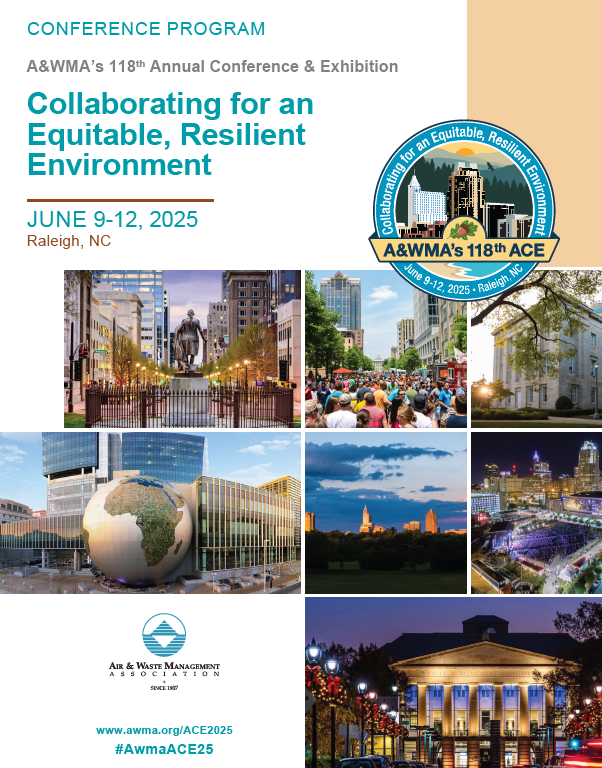ACE 2025
WAST
INDU
Waste-to-Energy, Municipal Solid Waste
Advancing Circular Economy Practices in Waste Management: Sustainable Pathways for Developing Countries
Wednesday, June 11, 2025
8:00am – 8:20am ET
Location: 306C

Daniel Sarpong, PhD
Consultant, Project Sanitation Engineer
GASSLIP, Greater Accra, Ghana- MS
Mabel Sarpong
AMP Logistics
- SH
Satah Hackman Duncan
Accra Technical University
Author(s)
Co-Author(s)
Abstract Description: The transition towards a circular economy is crucial for sustainable urban and environmental management, particularly in developing countries where waste management challenges are exacerbated by rapid urbanization and resource constraints. This study focuses on Ghana as a case study, exploring innovative strategies to optimize resource recovery and minimize environmental impacts through waste valorization, public-private partnerships (PPPs), and participatory governance models.
The research integrates mixed-methods approaches, including field surveys, stakeholder interviews, and policy reviews, to evaluate the efficacy of circular economy interventions in the solid waste management sector. It identifies key barriers such as limited infrastructure, regulatory gaps, and insufficient public awareness while highlighting opportunities in resource valorization and the adoption of emerging recycling technologies.
By examining case studies of successful local and regional initiatives, the paper outlines a framework for scaling up waste-to-resource models, integrating them into broader urban planning and climate action strategies. A critical emphasis is placed on the role of PPPs in addressing logistical and financial constraints while fostering innovation and community engagement.
The study concludes with actionable recommendations to promote circular economy principles in waste management, such as incentivizing private-sector investments, strengthening regulatory frameworks, and adopting digital tools for real-time waste monitoring. These insights aim to serve as a blueprint for other developing nations seeking sustainable pathways toward a regenerative economy.
The research integrates mixed-methods approaches, including field surveys, stakeholder interviews, and policy reviews, to evaluate the efficacy of circular economy interventions in the solid waste management sector. It identifies key barriers such as limited infrastructure, regulatory gaps, and insufficient public awareness while highlighting opportunities in resource valorization and the adoption of emerging recycling technologies.
By examining case studies of successful local and regional initiatives, the paper outlines a framework for scaling up waste-to-resource models, integrating them into broader urban planning and climate action strategies. A critical emphasis is placed on the role of PPPs in addressing logistical and financial constraints while fostering innovation and community engagement.
The study concludes with actionable recommendations to promote circular economy principles in waste management, such as incentivizing private-sector investments, strengthening regulatory frameworks, and adopting digital tools for real-time waste monitoring. These insights aim to serve as a blueprint for other developing nations seeking sustainable pathways toward a regenerative economy.

